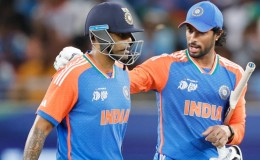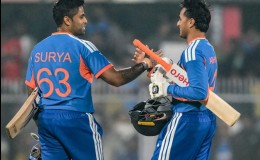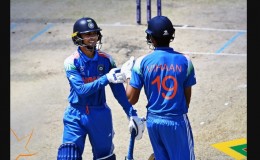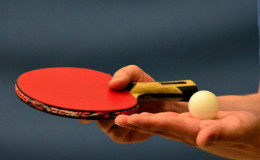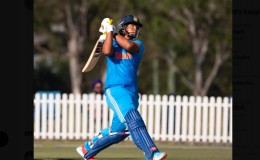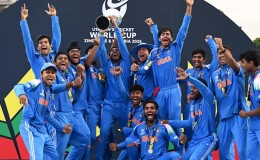 South Africa captain Faf du Plessis has been found guilty of breaching Article 2.2.9 of the ICC Code of Conduct following a hearing before Andy Pycroft of the Emirates Elite Panel of ICC Match Referees in Adelaide.
South Africa captain Faf du Plessis has been found guilty of breaching Article 2.2.9 of the ICC Code of Conduct following a hearing before Andy Pycroft of the Emirates Elite Panel of ICC Match Referees in Adelaide.
Du Plessis was charged by ICC Chief Executive David Richardson after television footage appeared to show du Plessis applying an artificial substance to the ball during the fourth day’s play in the second Test against Australia in Hobart.
After hearing representations from both parties and evidence from the umpires in the second Test as well as Marylebone Cricket Club (MCC) Head of Cricket John Stephenson, Pycroft found du Plessis guilty of the offence.
The decision was based on the evidence given from the umpires, who confirmed that had they seen the incident they would have taken action immediately, and from Stephenson, who confirmed the view of MCC that the television footage showed an artificial substance being transferred to the ball.
In summing up his decision Pycroft referred to his role as requiring him to make a determination based on the ICC Code of Conduct, the Laws of Cricket and, in particular, the preamble to the Laws of Cricket and the role of the umpires as the sole judges of fair and unfair play.
Under the version of the Code that came into force on 22 September 2016, the offence was treated as a first offence. du Plessis was fined 100 per cent of his match fee and is free to play in the third Test in Adelaide on Thursday.
In addition to the sanction imposed for his breach of Article 2.2.9, three demerit points have been added to du Plessis’s disciplinary record.
Pursuant to Article 7.6 of the Code, if du Plessis reaches four or more demerit points within a 24-month period, they will be converted into suspension points and he will be banned. Two suspension points equate to a ban from one Test or two ODIs or two T20Is, whatever comes first for the player.


